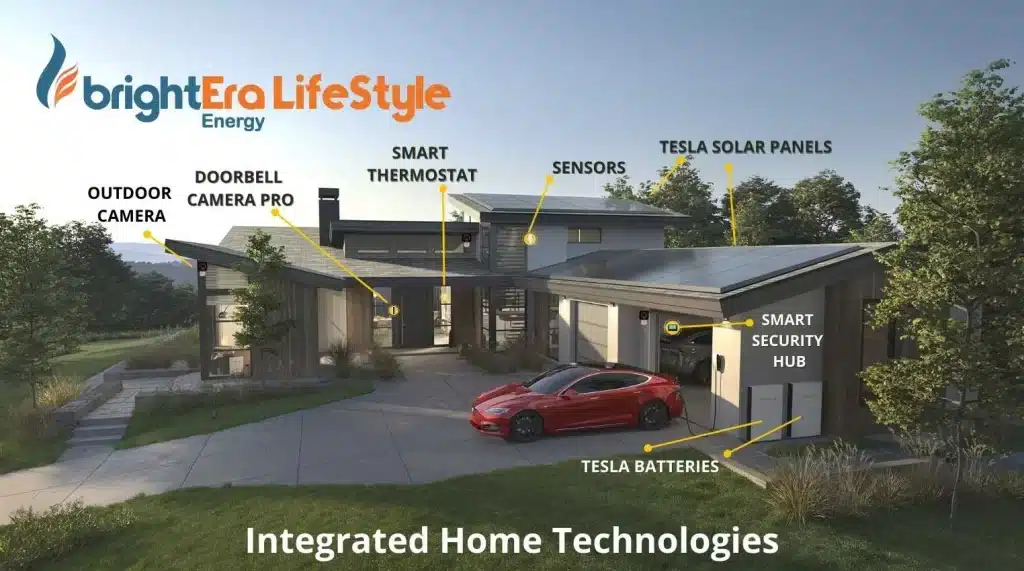As Florida continues to bask in abundant sunshine, the adoption of smart solar technology is poised to soar to new heights. With advancements in solar panel technology and the integration of smart home systems, Floridian homes are on the brink of a solar revolution. In this article, we’ll explore the exciting innovations in smart solar tech and what the future holds for homeowners in the Sunshine State.
The Evolution of Smart Solar Technology
Smart solar technology has come a long way in recent years, driven by advancements in both hardware and software. Here are some key developments shaping the future of smart solar tech:
Advanced Solar Panels
High-Efficiency Materials: Researchers are constantly developing new materials and coatings to improve the efficiency of solar panels, allowing them to generate more electricity from the same amount of sunlight.
Bifacial Panels: Bifacial solar panels, which can capture sunlight from both the front and back sides, are gaining popularity for their increased energy production potential.
Intelligent Monitoring Systems
Machine Learning Algorithms: By analyzing data on weather patterns, energy consumption, and panel performance, machine learning algorithms can optimize energy production and predict maintenance needs with greater accuracy.
Internet of Things (IoT) Integration: Smart solar systems can now be integrated with IoT devices, allowing homeowners to monitor and control their energy usage remotely via smartphone apps or voice commands.
What’s Next for Floridian Homes?
Energy Storage Solutions
Battery Technology: As battery technology continues to improve and prices decline, energy storage solutions are becoming more accessible to homeowners. Battery storage allows excess solar energy to be stored for use during periods of low sunlight or high energy demand, increasing self-consumption and reducing reliance on the grid.
Virtual Power Plants: In some communities, homeowners are banding together to form virtual power plants, pooling their solar energy resources to provide grid stabilization and support during peak demand periods.
Grid Integration
Grid-Tied Systems: Grid-tied solar systems, which are connected to the utility grid, allow homeowners to sell excess energy back to the grid through net metering programs, providing additional revenue streams and incentivizing solar adoption.
Microgrids: Microgrid technology is gaining traction in Florida, particularly in areas prone to extreme weather events. By disconnecting from the main grid during outages, microgrids can provide reliable backup power and enhance grid resilience.
Smart Home Integration
Energy Management Systems: Smart home systems can now integrate with solar panels to optimize energy usage based on real-time data, automatically adjusting thermostat settings, turning off non-essential appliances, and scheduling energy-intensive tasks for times when solar production is highest.
Electric Vehicle Charging: With the growing popularity of electric vehicles (EVs), solar-powered EV charging stations are becoming a popular addition to Floridian homes. By charging their EVs with solar energy, homeowners can further reduce their carbon footprint and transportation costs.
Conclusion
The future of smart solar technology in Floridian homes is bright indeed. With advancements in solar panel efficiency, energy storage solutions, grid integration, and smart home technology, homeowners have more options than ever to harness the power of the sun and reduce their environmental impact. Whether it’s maximizing energy production, optimizing energy usage, or enhancing grid resilience, smart solar tech is paving the way for a cleaner, more sustainable future in the Sunshine State. So, what’s next for Floridian homes? With smart solar technology leading the way, the possibilities are endless.

